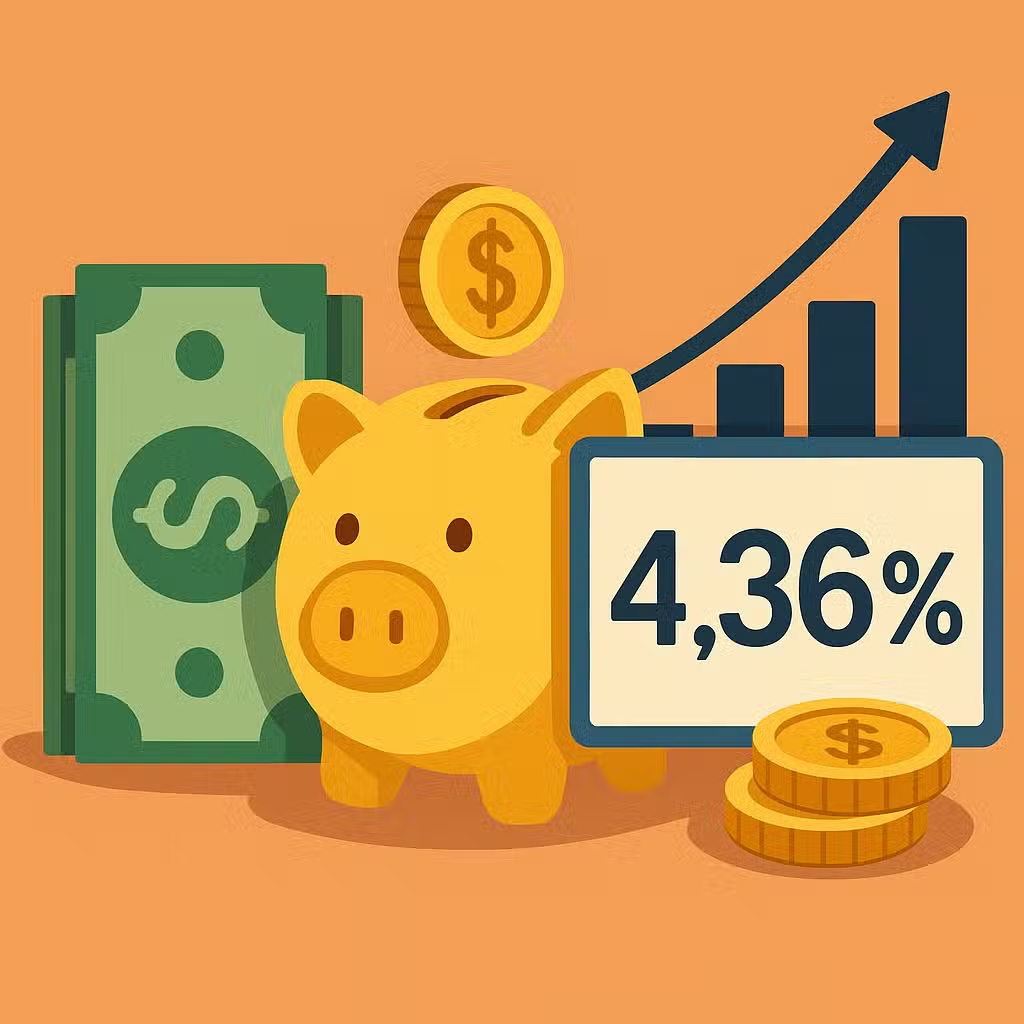AI Tools Help Investors Pass CFA Exam Faster, Potentially Lowering Certification Barriers
Imagine if a robot could learn in days what takes people years—like mastering a whole school subject in a weekend. That’s what’s happening with artificial intelligence (AI) and the tough exams that financial experts take.
AI Passes the Big Test
Becoming a Chartered Financial Analyst (CFA) is a huge deal in the finance world. Usually, it takes a person about 1,000 hours of studying over several years to pass all three parts of the CFA exam. But now, new research shows that some advanced AI programs can pass even the hardest part—Level III—in just minutes.
Researchers from New York University and the AI company Goodfin tested 23 different AI models on real CFA practice questions. The latest models, like o4-mini, Gemini 2.5 Pro, and Claude Opus, could answer both multiple choice and essay questions that focus on things like managing investment portfolios and planning for people’s financial futures.
This is a big step because, just two years ago, even the best AI couldn’t handle the essay parts of the exam. Now, with smarter “chain-of-thought” tricks, these programs are catching up to humans fast.
Why Investors Should Care
For investors, this news is like seeing a new tool that could change how the whole industry works. If AI can handle complex financial reasoning, it could speed up research, help manage portfolios, and maybe even spot risks or opportunities faster than people can.
But, as Anna Joo Fee, CEO of Goodfin, points out, AI isn’t perfect. It’s still not great at understanding things like a person’s feelings or the bigger context behind financial decisions—skills that human advisors bring to the table.
Pros: The Bull Case for AI in Finance
- Speed and Efficiency: AI can analyze huge amounts of data in seconds, saving time and money.
- Better Access: Smaller investors could get smarter advice, not just those with big accounts.
- Less Human Error: AI doesn’t get tired or distracted, so it can avoid some mistakes people make.
- Proven Results: In a 2018 CFA Institute study, asset managers using AI saw improved portfolio performance and risk management.
Cons: The Bear Case for AI in Finance
- Lack of Human Touch: AI can’t read your emotions, body language, or unique life goals.
- Black Box Problem: Sometimes, it’s hard to understand how or why AI makes certain decisions.
- Over-Reliance: People might trust AI too much and overlook risks or outlier events.
- Ethical Concerns: There are worries about privacy and bias in AI-driven decisions.
What History Tells Us
This isn’t the first time technology has shaken up investing. When computers started crunching numbers in the 1980s, it changed Wall Street forever. But, even with all that tech, human judgment still matters—especially in tough times. According to a 2020 study by the National Bureau of Economic Research, combining human insight with machine learning led to better investment outcomes than using either alone.
Investor Takeaway
- Stay curious—AI is moving fast, and it could shape the future of finance.
- Don’t ditch human advice; use AI tools to support your decisions, not replace them.
- Diversify—spread your investments across different sectors, including tech, to manage risk.
- Look for funds or advisors using AI thoughtfully, not as a buzzword.
- Keep learning—markets, and the tech behind them, never stand still.
For the full original report, see CNBC







